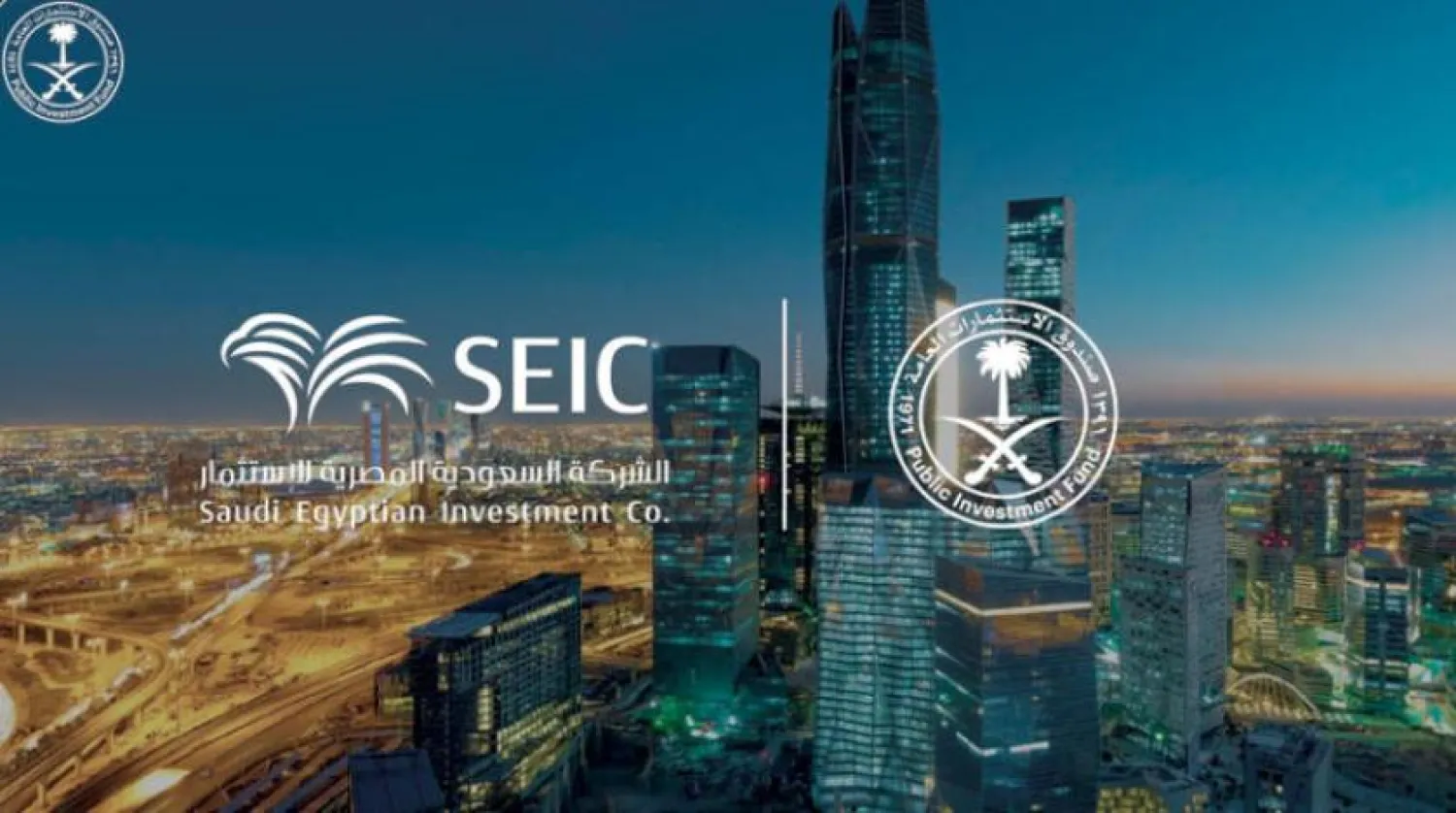The Saudi Egyptian Investment Company (SEIC), owned by Saudi Arabia's state-owned Public Investment Fund (PIF), has bought minority stakes in four Egyptian companies for $1.3 billion, Egypt's planning ministry said on Wednesday.
The companies are Abu Qir Fertizilers and Chemical Industries, Misr Fertilizers Production Company, Alexandria Container and Cargo Handling, and payments firm E-Finance for Financial and Digital Investments.
The PIF congratulated in a tweet the SEIC on acquiring stakes in four major Egyptian companies.
Last week PIF set up SEIC with the stated aim of investing in Egypt's “promising economic sectors,” being one of the key strategic economic markets in Africa.
The Saudi sovereign wealth fund is building an international portfolio of investments while also investing locally in projects to help reduce the Kingdom's economic reliance on oil. It has approximately $620 billion of assets under management.
Minister of Planning and Economic Development and Chairman of the Board of Directors at Egypt's Sovereign Fund Hala al-Saeed said that the deal comes in line with the state’s plan to expand the ownership base and encourage foreign direct investment.
"It is also part of the Fund's strategy to attract Arab and foreign investors and provide promising investment opportunities in various economic sectors, achieving the highest benefits for the Egyptian state, maximizing the exploitation of state-owned assets, and guaranteeing the rights of future generations."
The deal further reflects the confidence of the foreign investors in the Egyptian economy, Saeed added.
The acquisitions are in line with SEIC’s objective to invest in promising sectors in Egypt, which is considered one of the world’s emerging markets and one of the MENA region’s fastest-growing economies.
The Company stated that it will invest in priority sectors including but not limited to, infrastructure, real estate development, health care, financial services, food and agriculture, manufacturing, pharmaceutical and other opportunistic investments.
SEIC aims to support PIF’s efforts to explore new investment opportunities in the MENA region that support the creation of long-term strategic economic partnerships to achieve sustainable returns to maximize PIF's assets in line with Vision 2030.









